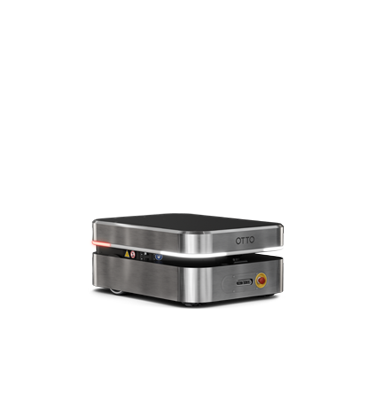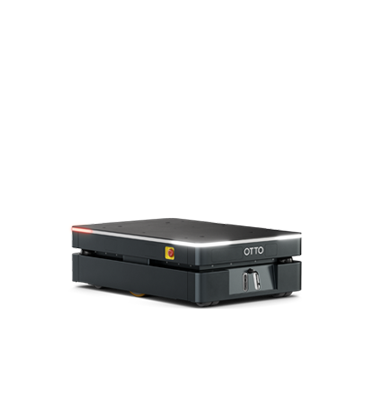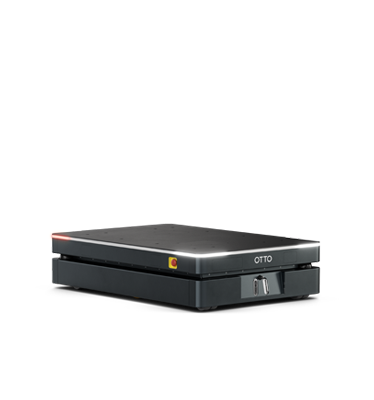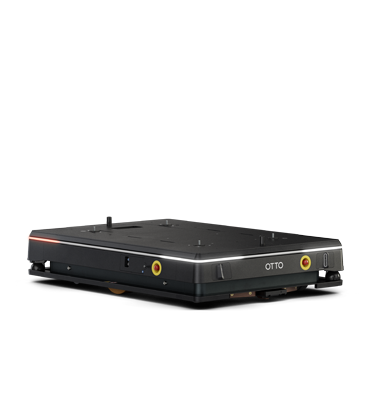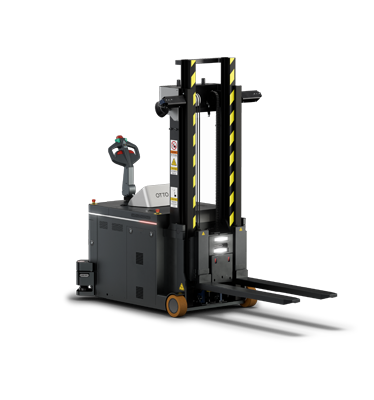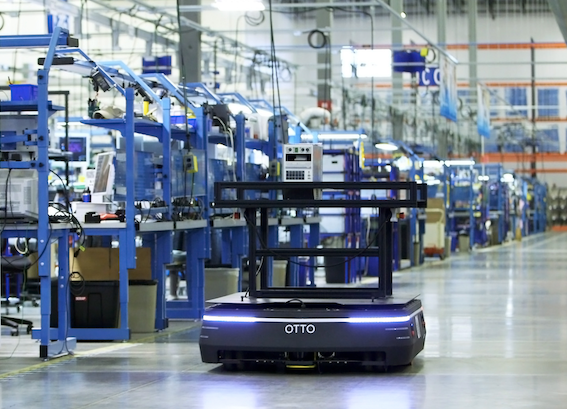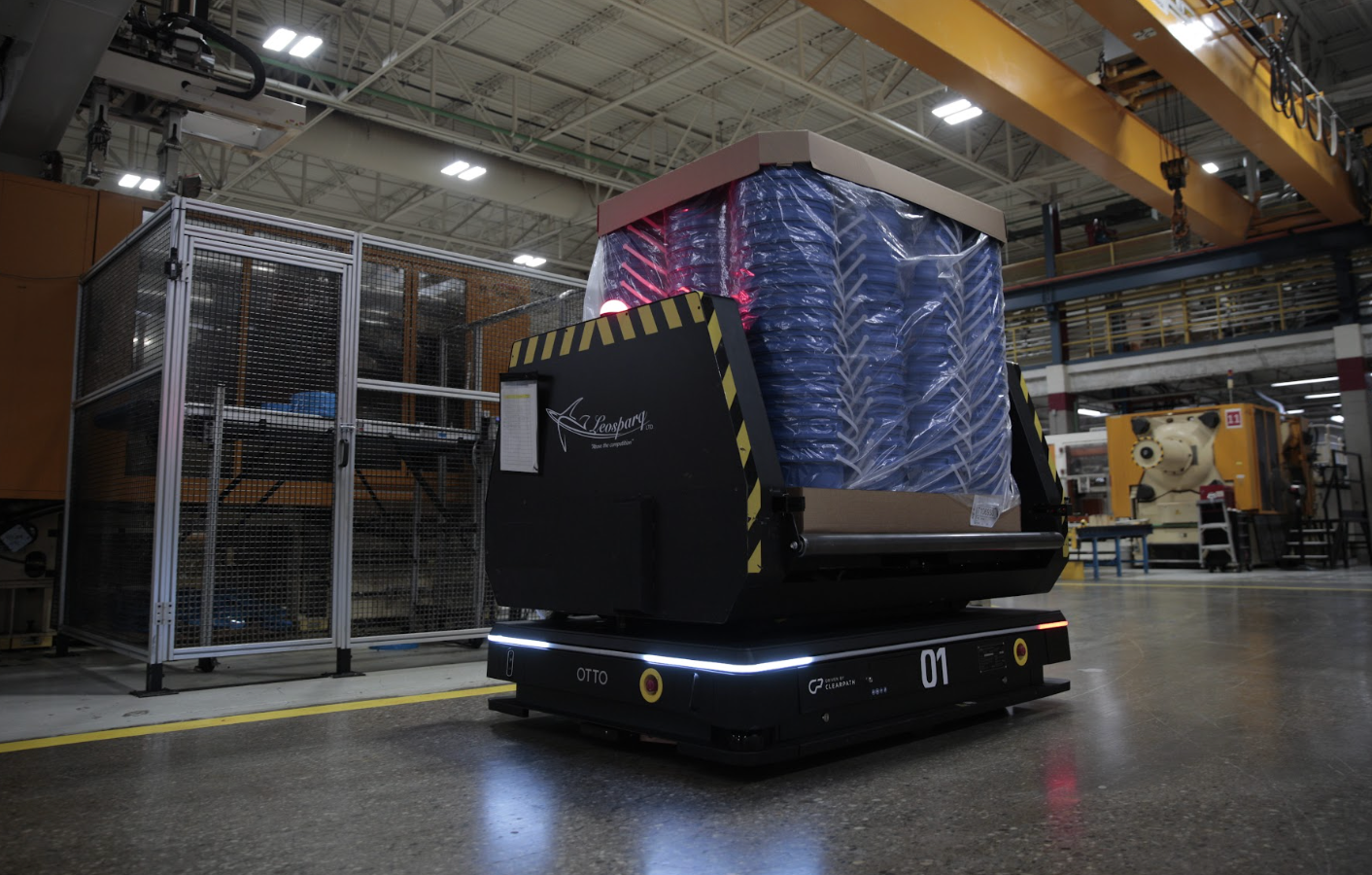Blog
Autonomous technology is transforming medical device manufacturing
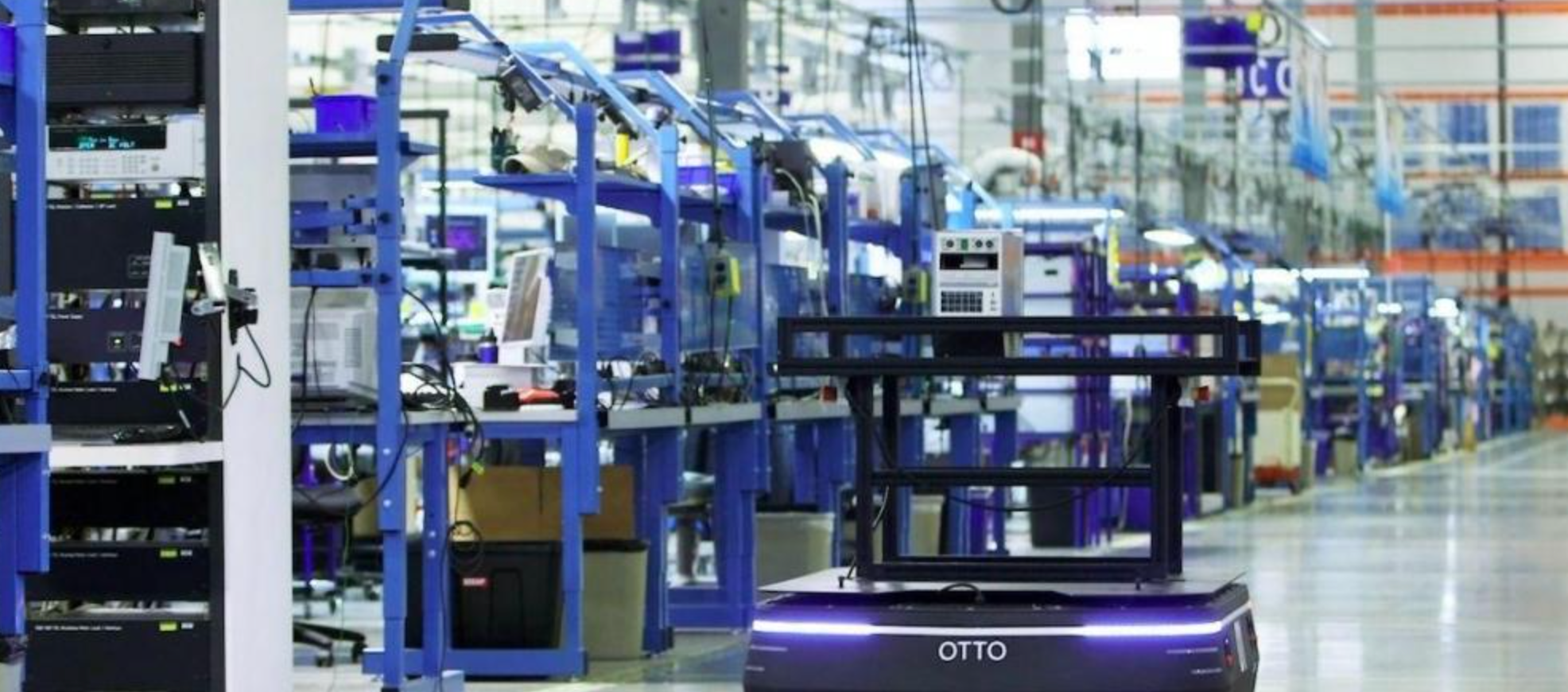
Autonomous technology enables improved and more efficient production in increasingly complex and competitive industries, such as medical device manufacturing.
Continuous improvement and lean initiatives have long been relied on to produce steady efficiencies year after year. Traditional improvements are no longer enough to compete in the global manufacturing industry and therefore, automation has quickly risen to the top of the list for every leader who wants to see significant improvements – not only year after year but day after day.
The challenge for medical device manufacturers
The healthcare industry, specifically the medical devices sector, is one of the most regulated industries in the world. When faced with the current force of digital transformation directed at manufacturers, medical device producers are faced with a tremendous challenge – how to maintain strict adherence to regulation and compliance while forging ahead with technological advances. This balance involves reconciling current staff levels with the amount of work that must be accomplished.
Autonomous mobile robots leverage advanced technology, like AI and machine learning, to transport medical device manufacturers to a state where regulations, overall business needs, and innovation work together to serve the healthcare community of today.
How autonomous technology benefits medical device manufacturers
Many healthcare device manufacturing facilities still rely on manual material movement. This movement is often done by highly skilled technicians who must leave their workstations to transport materials. Leading medical device producers who take advantage of autonomous technology will benefit from the ability to devote that highly skilled, paid and abled work force exclusively to ensuring quality and safety compliance is met while non-value-added work is completed by an autonomous mobile robot. Automated material handling does not eliminate employees but rather elevates them to positions where their full human capabilities are better suited.
Focusing employees on processes that engage their brain and not just their physical abilities will capitalize on the employee’s innate creativity and, in turn, their ability to identify opportunities for waste reduction and continuous process improvement.
The automation of material handling in medical device manufacturing can lead to many significant improvements for the organizations as a whole.
Reduced labor costs and waste
- Autonomous technology reduces opportunities for product damage.
- Using OTTO to automate redundant, repetitive, non-engaging manual work keeps employees more engaged and less prone to mistakes that result in costly damage, rework, inspection, rescheduling, and, ultimately, capacity loss.
- Automating the transporting of goods through the production process reduces labor costs and improves direct labor as a percentage of value added.
Improved workflow
- Improving material flow with OTTO reduces the time goods are waiting to be processed, which reduces lead time and allows manufacturers to ship earlier and more often.
- Reducing or eliminating batch-and-queue processes by improving material flow with OTTO can shorten product lead time.
Safer working environments
- Using autonomous mobile robots to make deliveries directly to workstations automates the whole delivery process, which avoids unnecessary instances of bending, stretching, walking, and reaching and their associated health and safety issues.
Maximized data and analytics
- Providing more relevant data so finance, operations, and supply chain teams can better manage factory and demand-side constraints.
- Putting the systems and technology in place to enable data-driven decisions impact each of the lean wastes in both direct and indirect ways. Most notably, connecting all processes can uncover predictive maintenance requirements and proactive fixes, rather than fire fighting and urgent issues. Accurate data reduces the burden of making recommendations based on an incomplete or inaccurate picture of their plant.
Focus on the value-added work
For medical device manufacturers, focus on the value-added work that ensures compliance to strict safety and quality mandates must be the sole priority for those employees who have been trained to do so. Engaging automation technology, such as autonomous mobile robots, allows these employees to commit their skill to tasks that benefit most from human attention and competency.
Autonomous mobile robots present an opportunity for medical device manufacturers to make progress towards innovating their facilities in the wake of Industry 4.0. This progress offers an ability to remain competitive on a global level, serve the increasing demands of any business today and uphold the rigid compliance standards of the healthcare industry.
